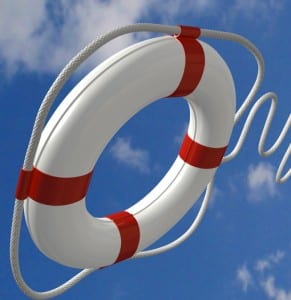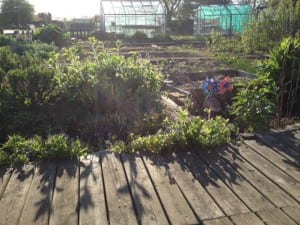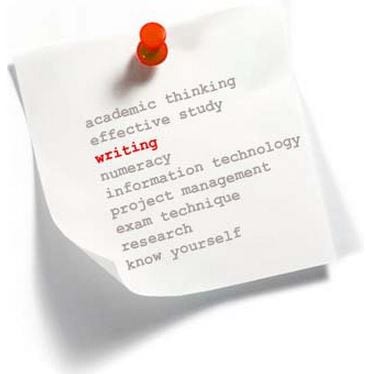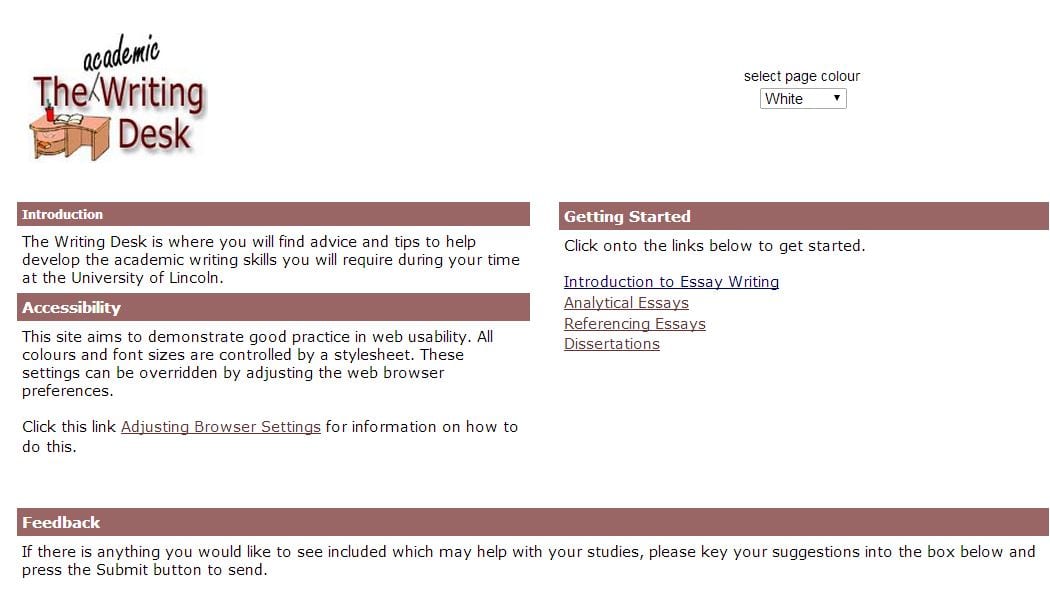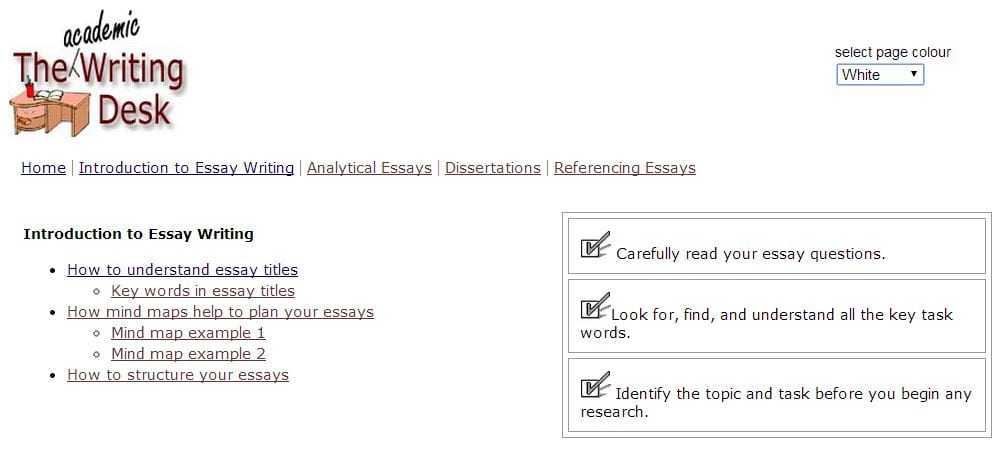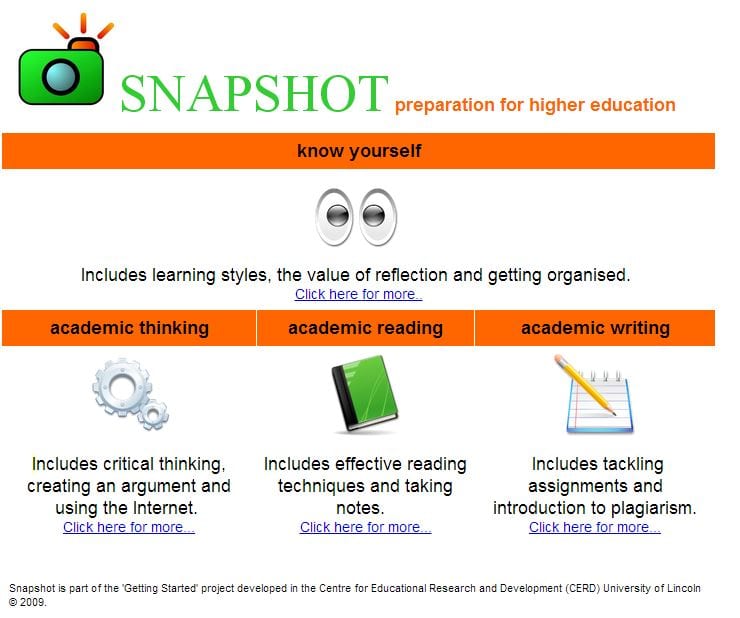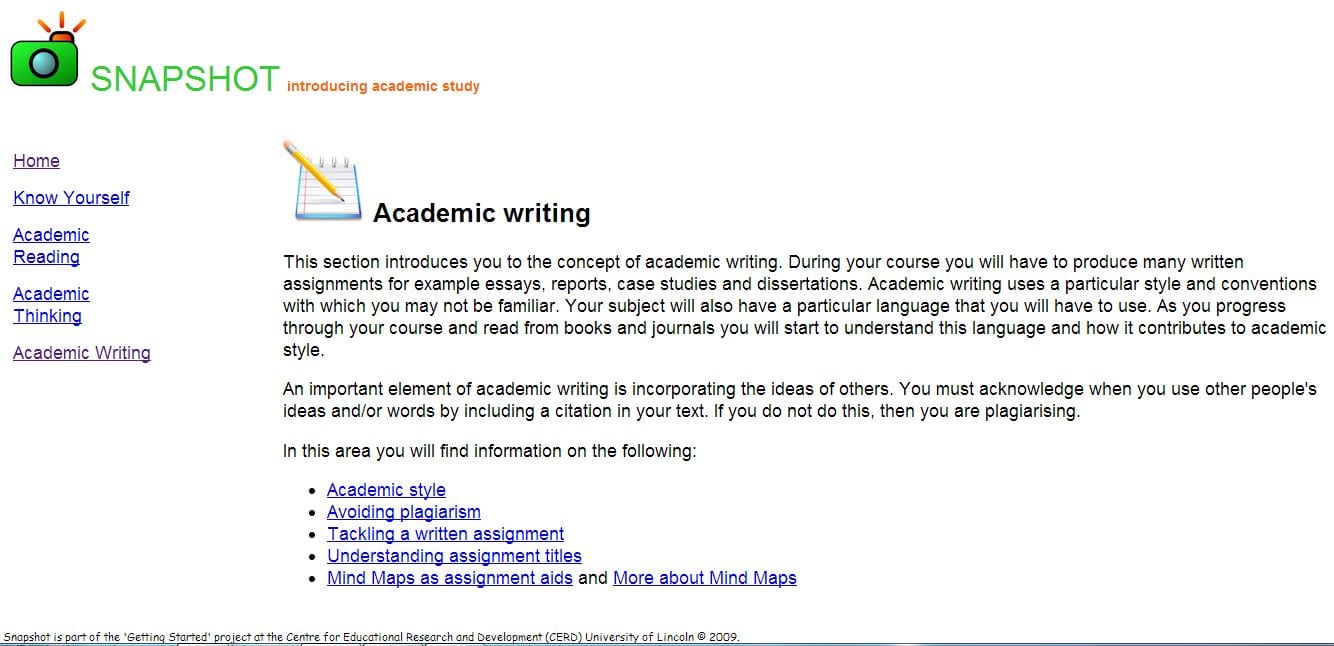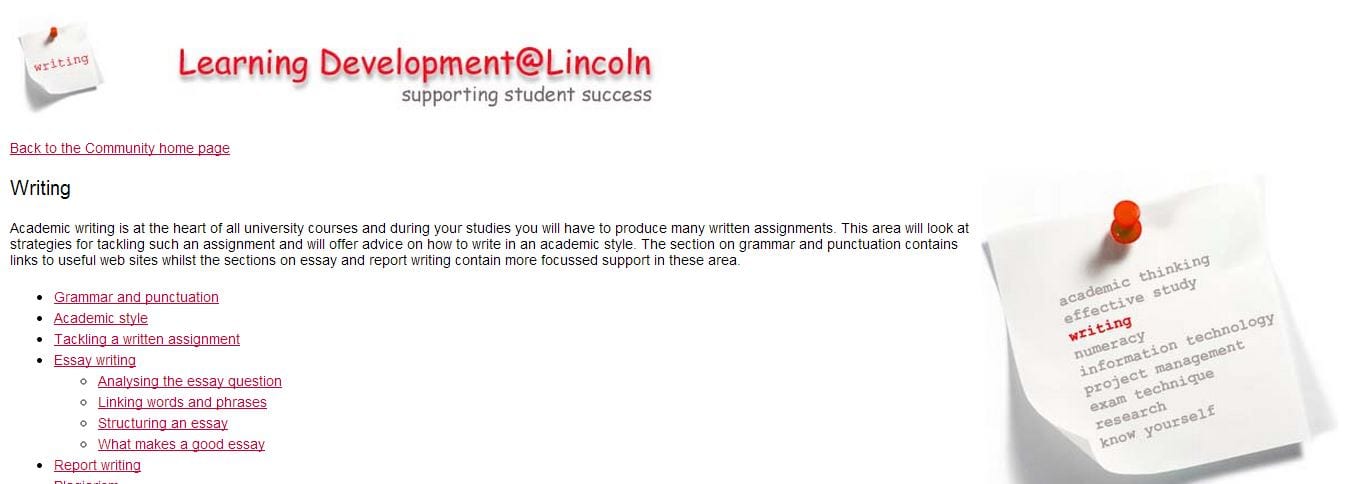 Colleagues are a cross selection of twitterers. Some follow but don’t contribute, others make non-work updates only, some tweet a bit around their practice, while others don’t use it at all. None of us (or are not admitting it) follow Justin Bieber or those with over 30 million fans which social analytics tool followerwonk names as Katy Perry and Lady Gaga. Colleagues have differing views about twitter’s use and value and this reinforces the notion of digital literacies as digital mirrors.
Colleagues are a cross selection of twitterers. Some follow but don’t contribute, others make non-work updates only, some tweet a bit around their practice, while others don’t use it at all. None of us (or are not admitting it) follow Justin Bieber or those with over 30 million fans which social analytics tool followerwonk names as Katy Perry and Lady Gaga. Colleagues have differing views about twitter’s use and value and this reinforces the notion of digital literacies as digital mirrors.
Partially thanks to celebrity endorsement, Twitter division of opinions could all change. According to THES, the University of Lincoln’s Twitter account @UniLincoln has been ranked the 22nd most influential in the UK. This means the university has social authority.
Social authority sounds Orwellian. Big Google is watching you. I was surprised how few references were made to Orwell’s 1984 and the rewriting of the past in recent media coverage on deleting digital history. There are now generations without knowledge of pre-internet life. After gender, the largest social divide is digital. I’m on the side with analogue roots. In half a century there’ll be none of us left.
These days I’m a technology DIY’er. On twitter, linkedin, flickr, I use delicious, pinterest and get edgy if I’m not online. I’ve crossed the digital divide. But there are times when the internet feels like it’s going off in directions I can’t – and am not sure I want – to follow.
Social authority is an example of the hip new language evolving out of social media use. According to http://followerwonk.com/social-authority social authority is ‘More than just another self-focused metric, Social Authority helps you discover influential tweeters.’ It’s no longer enough to tweet, you have to be influential too. The THES article links to the Moz blog for explanations of the score components for calculating social authority. These are:
- The retweet rate of a few hundred of the measured user’s last non-@mention tweets
- A time decay to favor recent activity versus ancient history
- Other data for each user (such as follower count, friend count, and so on) that are optimized via a regression model trained to retweet rate
I’m not sure I fully understand this new vocabulary, but apparently the half-life of a tweet is 18 minutes. Users who haven’t recently tweeted get their score ‘aggressively discounted’. Retweets are a scarce commodity and we know what happens to those! An average user needs 10,000 followers before 25% of their tweets are retweeted so popularity bestows social authority. What Moz calls a ‘secret sauce‘ (which means ‘retweet bait‘ which means….)
The social impact of the internet has an increasingly linguistic element. The presentation of information is changing too. It’s becoming more visual through infographics and sites like pinterest. The tweet’s requirement to send messages in 140 characters or less is encouraging brevity. Being succinct has value but higher education involves deeper more considered approaches through reflection and critical thinking.
Moz says social media is a ‘what have you done for me lately‘ medium. This reminds me of Christopher Lasch’s 1979 book the Culture of Narcissism. Like Neil Postman’s Amusing Ourselves to Death, it’s in my top two of dystopic non-fiction must-reads. Cultural historian Lasch offers a chilling pre-internet prophecy of egotistic social media. The subtitle includes ‘… an Age of Diminishing Expectations’. Social authority suggests the word diminishing could easily be replaced with digital.
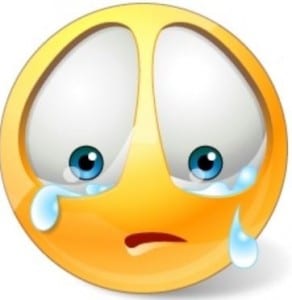



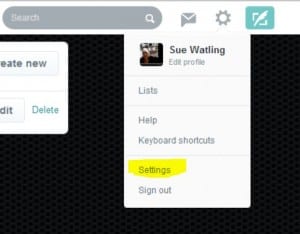
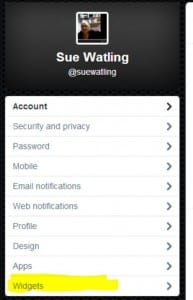

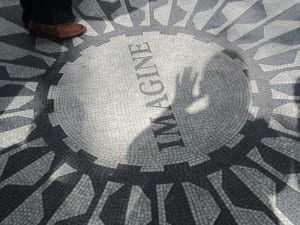
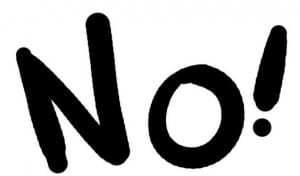
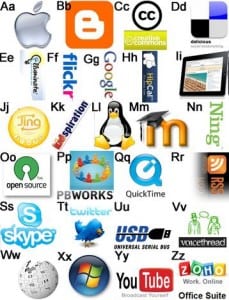 I’ve been promoting e-teaching as a partner to e-learning. A colleague shared a
I’ve been promoting e-teaching as a partner to e-learning. A colleague shared a 
